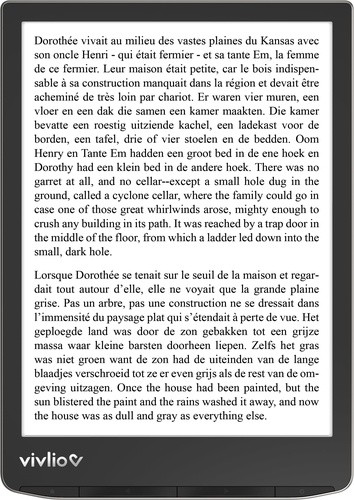En cours de chargement...
A basic level of literacy and numeracy is essential for full participation in modern societies. While very few people in most of the advanced countries could be regarded as illiterate or innumerate, recent studies have shown that there are, in fact, significant numbers of people with poor skills, and that low levels of skills are associated with lower wages and greater chances of unemployment and disengagement from the labour market.
At the same time, technological changes, particularly the increasing presence of information and communication technologies in all areas of life, have led to a growing demand for higher-level cognitive skills that involve understanding, interpreting, analysing and communicating complex information.
In this context, policy makers need the most comprehensive and up-to-date information if they want to ensure that the supply of skills in the labour force matches labour-market demand.
The Programme for the International Assessment of Adult Competencies (PIAAC), an international assessment of adult skills managed by the OECD, will be central in providing that information. Implemented by 25 countries in Europe, the Americas and Asia, PIAAC is compiling one of the richest sources of data regarding the skills that adults use in their work, home and communities, and related information, including family background, education, employment, income, civic participation and health.
Results from the data, which are being collected from August 2011 to March 2012, will be available at the end of 2013.
This report maps the development of the Programme, from determining what should be measured, to defining the meaning of PIAAC's three core domains, "literacy", "numeracy" and "problem solving in technology-rich environments", to designing assessment tasks and determining how those tasks will be interpreted.
It summarises the draft frameworks, developed by dedicated experts, for each of the assessment domains, and includes examples of the items and stimuli used to measure proficiency in the three domains. In essence, it provides an overview and a look at the underpinnings of PIAAC.





